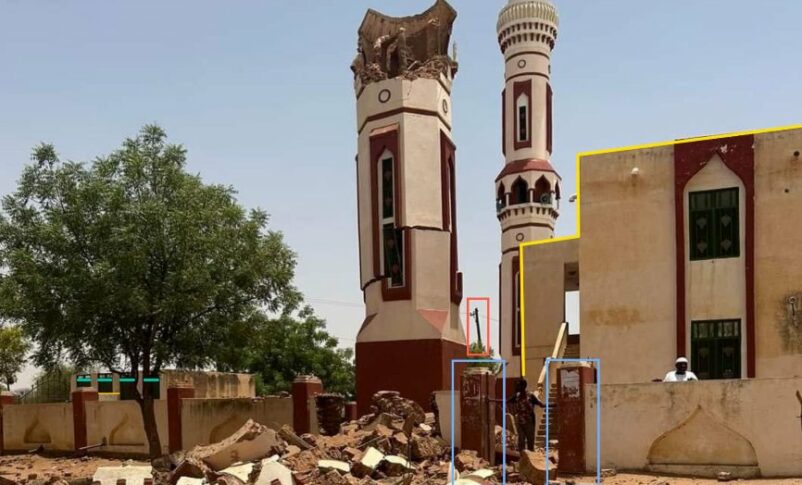- Joined
- Mar 11, 2013
- Messages
- 15,895
- Points
- 113

Since the 1989 coup d’état, when the Sudanese Islamic Movement seized power under the guise of the Rescue Revolution Council, the new regime immediately adopted policies termed “moderate Sudanese Citizens.” This was a thinly veiled attempt to instil Islamic political ideologies into the governance of Sudan, solidifying their control. To achieve this, they systematically restricted freedoms in both public and private spheres through the implementation and enforcement of oppressive laws and regulations, notably the Public Order laws.
This agenda was furthered by groups of zealots who publicly promoted Islamic slogans, aiming to cultivate a new Islamic culture. This extended to the artistic realm, with the national television station even incorporating religious symbols into its logo.
Ultimately, the regime’s Islamization efforts sought to exploit religion as a shield against criticism and simultaneously legitimize attacks on any dissenting voices opposing their rule.
Furthermore, the regime strategically rebranded the civil war against the SPLM as a “jihad” to mobilize civilians for frontline combat. This involved systematic plans implemented by numerous organizations tasked with this goal, such as the “Jehad Call” (Neda Aljehad) and a weekly Friday evening television program called “Sahat Alfeda.” Additionally, regime-affiliated imams used Friday prayers to promote this narrative.
